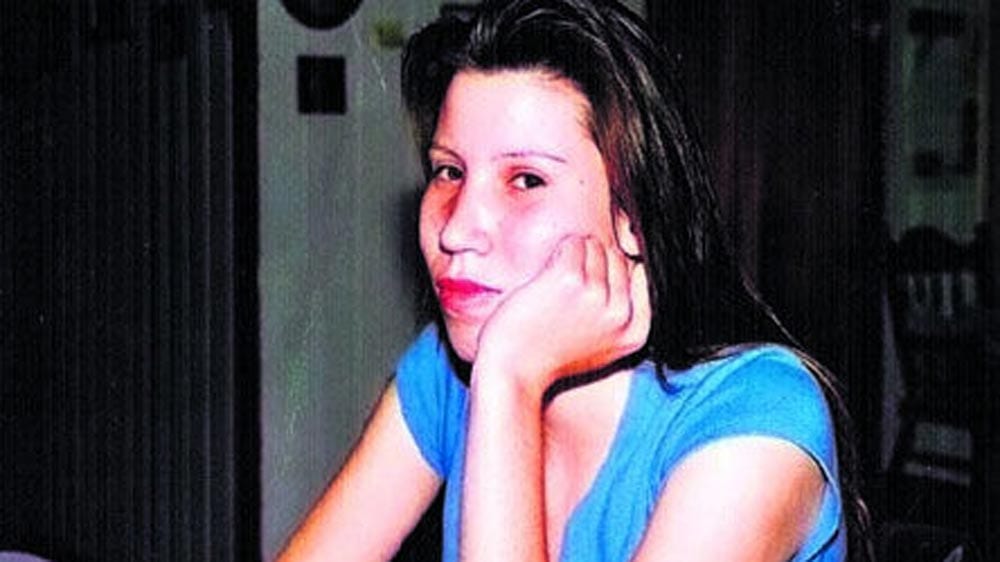Lindsay Richardson, Tom Fennario
APTN News
In additional to its final report, the National Inquiry into Missing and Murdered Indigenous Women and Girls (MMIWG) has also released Quebec specific report.
The inquiry says a separate report for Quebec was necessary because at a national level “The reality of violence against Indigenous women in Quebec is often overlooked” and “Quebec’s political and socio-historical context is different from the Canadian context.”
The inquiry issued 21 “calls for justice” to Quebec institutions, government, and society as a whole.
While some are shared with Canada, other calls are Quebec centric, including:
- The creation of an independent, civilian body to oversee the investigations of any conflicts that arise with Indigenous people and public services.
- Establish a crisis team for cases of missing Indigenous women and girls, including members of the 2SLGBTQQIA (Two spirit, Lesbian, Gay, Bisexual, Transgender, Queer, Questioning, Intersex, and Asexual) community.
- Mandatory training created with Indigenous organizations on the realities of Indigenous Peoples.
- Victim services in all Indigenous communities and in urban areas.
- Provide Indigenous families with all information regarding children who have been apprehended following admission to any health centre.
Many of the other recommendations concern Quebec police and justice institutions, they include:
- Appoint Indigenous representatives to the Quebec National Police School and the Independent Investigation Bureau to train all active police officers and police cadets on the socio-cultural realities of Indigenous people.
- Hold specialized English training sessions at the Quebec National Police School every year and offer specialized training on investigating to Indigenous police forces.
- Allow Indigenous communities in Quebec to elect an independent liaison officer tasked with supporting community members when their rights have been violated.
(Tiffany Morrison went missing June 18, 2006.)
In a foreward written for the Quebec report, Mohawk, Mi’gmaq woman Melanie Morrison describes how police did not take her sister Tiffany’s disappearance seriously until the trail went cold.
Her remains were found nearly four years later less than a kilometre from her home in Kahnawà:ke Mohawk Territory.
“I hope that there is an immediate change in the way the police manage cases involving Indigenous people, both on and off the reserves, so that nothing delays the searches for missing or murdered people. Based on my own experience, there was an obvious disconnect,” wrote Morrison.
Read More:
12 years after Tiffany Morrison vanished, change has come to how police handle missing person cases
The final call for justice in the Quebec report demands the Quebec government establish an inquiry on children taken from Indigenous families in Quebec.
During the November 2017 National MMIWG hearings in Mani-Utenam First Nation, it emerged that in the early 1970s, eight children from Pakuashipi, an Innu community on Quebec’s North Shore, disappeared after being admitted to the hospital in the nearby community of Blanc-Sablon.
Agnes Poker testified that two of her children never came back from Blanc Sablon.
“I would like to know where my two children are laid to rest,” said Poker in November 2017.
“Every time I go to Blanc Sablon I go to the cemetery to try to find my children.”
The 168 page Quebec report is divided into five chapters that also provide a socio-historical context for First Nations and Inuit in Quebec, as well as parts of testimonies that were delivered by survivors and families from the province.
As it’s done for the rest of Canada, the National MMIWG Inquiry has also called on Quebec to put into place an action plan the implement the calls as well as create an independent body to oversee their progress.











